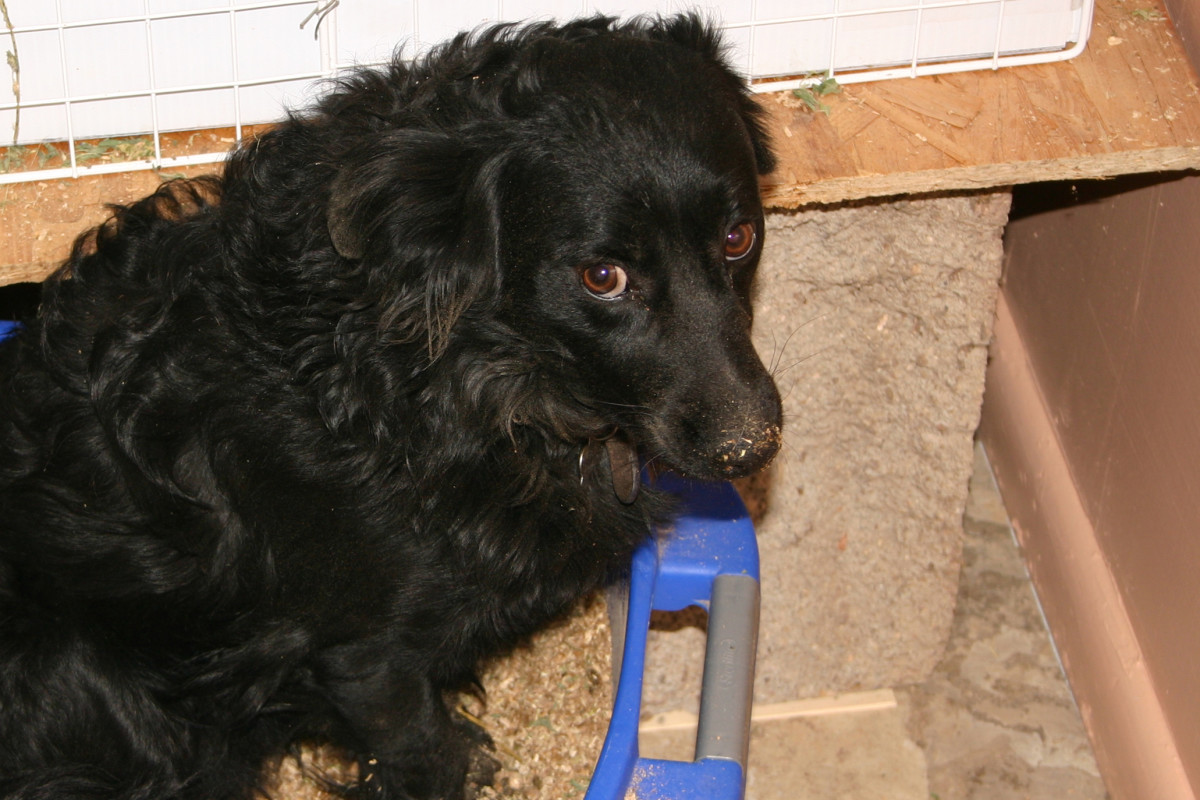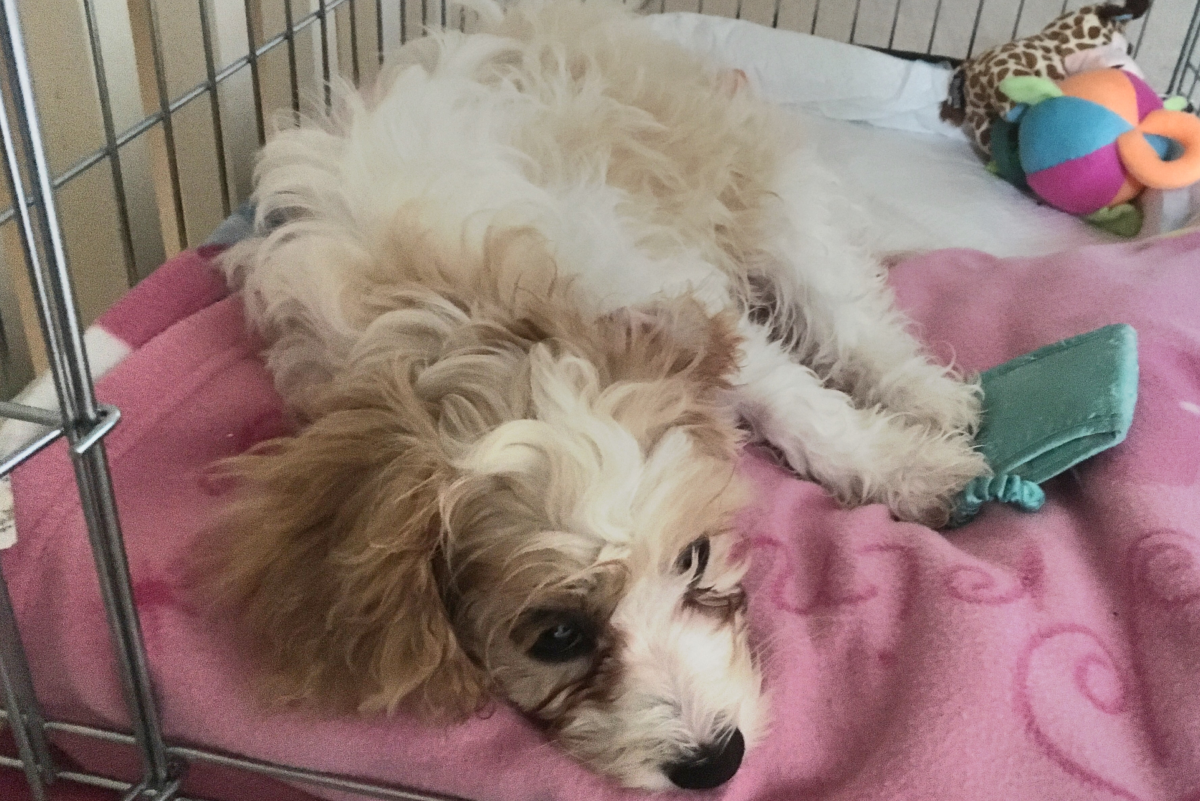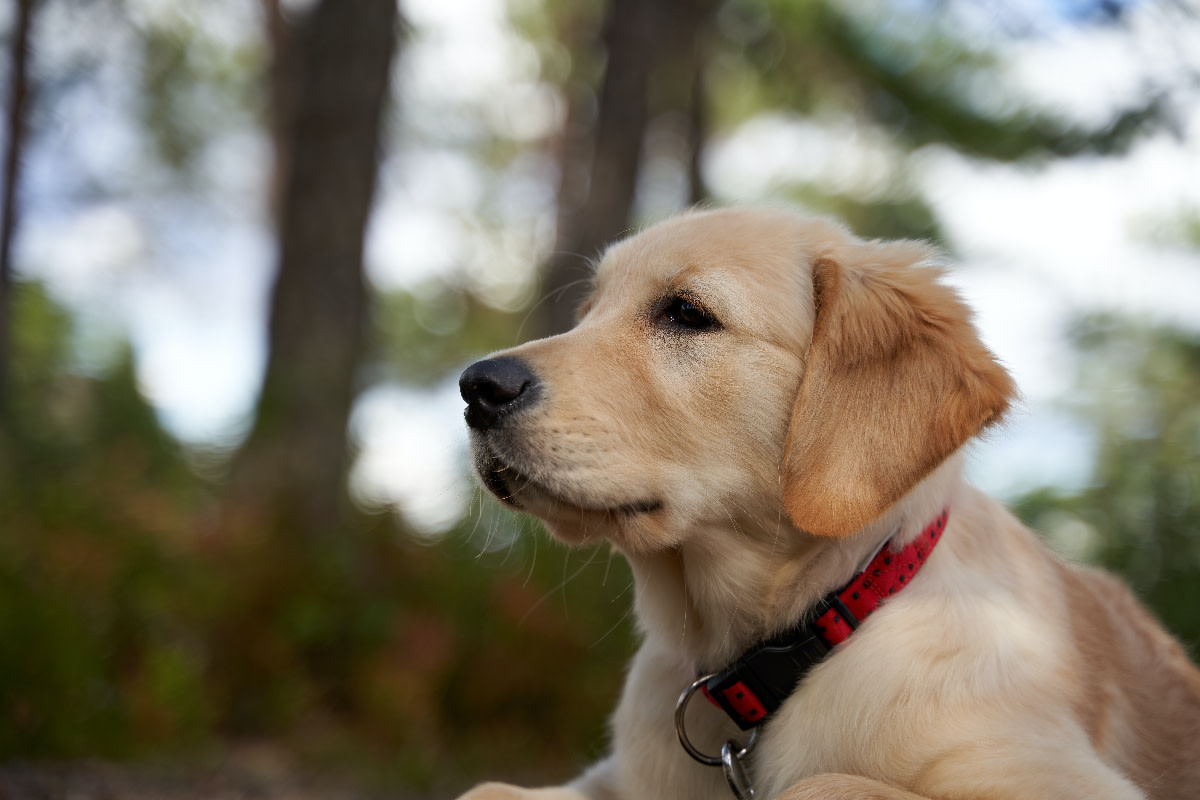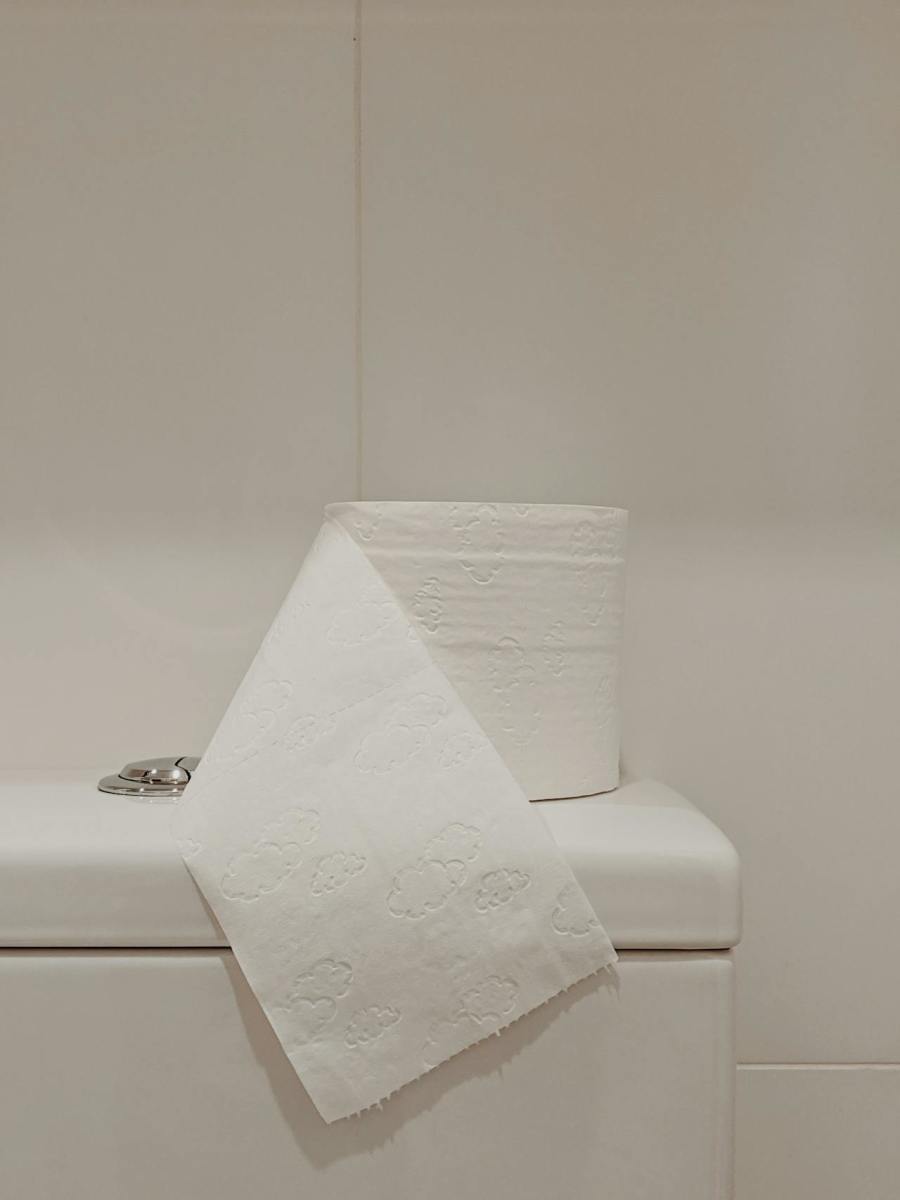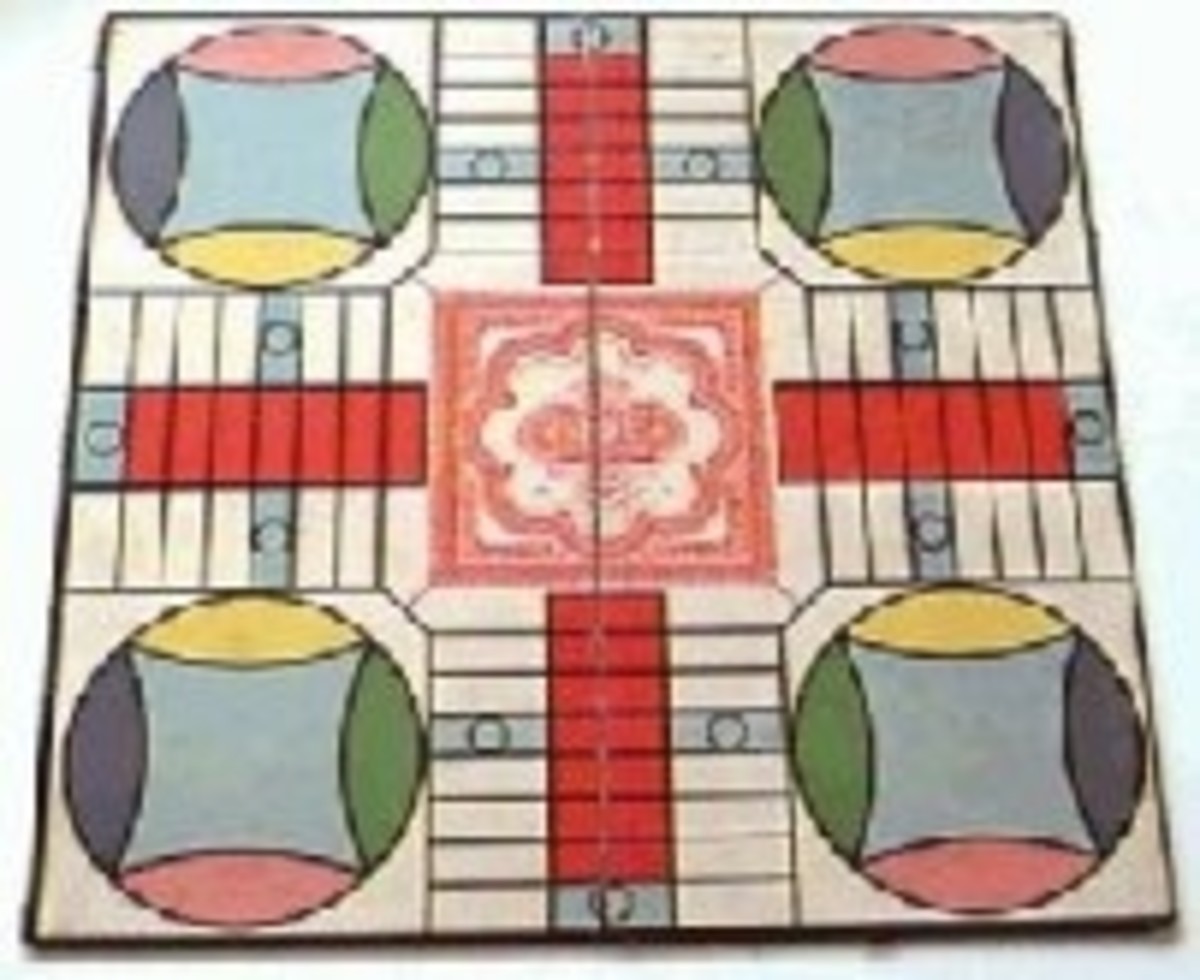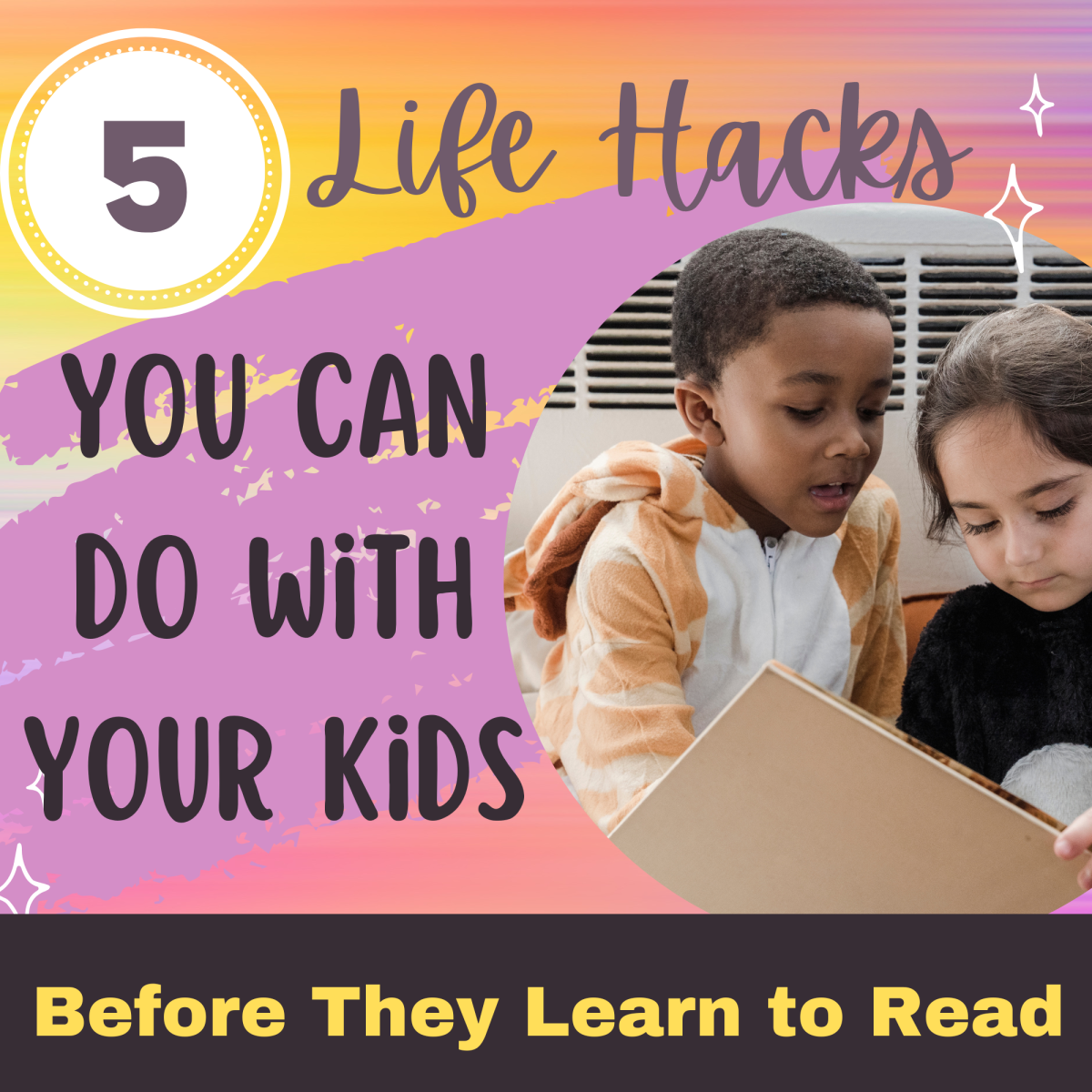How to Start Potty Training: Ditch the Diaper Weekend
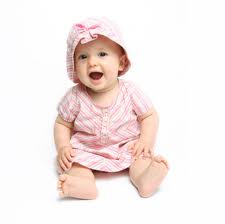
The Last Milestone of Babyhood
Once they are talking and walking and the bottle is gone, the only reminder left of their baby days is the diaper. They are becoming more independent and able to do many things for themselves. Going to the bathroom on their own is the next step in growing up. Potty training is a major milestone in toddlerhood and can be intimidating and frightening - for the parents.
For the toddler, it is confusing. What's wrong with the way they have been doing it? The diaper still works and is way more convenient.
Potty training a toddler is a process that can take some time and involve multiple mistakes on the part of the parent as well as the child. I've been working on this with my own daughter and have now reached the point where she is successfully trained at home. We're still working on getting the job done out in public.
When to Start Potty Training
Before you must figure out how to potty train your child, you need to know when to start. You won't find a magical age that makes it easier. In fact, it can vary by over a year from one child to another. The important thing is to wait until your child is ready and not to be pressured by other parents or adults. You will always hear about someone's child who was trained at 18 or even 12 months. Don't let that make you feel like a failure. There are just as many toddlers that are not trained until they are 3 years old or older.
You will want to look for signs that your toddler is ready to be trained.
- They can stay dry for several hours at a time. This means they have control over their bladder. Of course, they may not stay dry overnight for some time even after they begin training.
- They can walk and run.
- The child is able to pull pants up and down.
- The toddler wants to have wet and dirty diapers removed quickly.
- They understand words for potty training and urine and stool.
- They are in a cooperative stage.
- The toddler has an interest in bathroom habits of other people.
A toddler should show most of these signs before beginning the training.
Diaper Free Potty Training
I read a lot of information about potty training for my own daughter and learned about many methods. After I decided she was ready to officially begin training, I picked a weekend when we would be home the entire time with no major responsibilities. She had already been introduced to the concept and had used the potty chair on occasion before, but not consistently.
How I Did the Toddler Potty Training
I took off her diaper and let her run bare, asking her often if she needed to "go potty." This is only going to work for someone that doesn't mind cleaning up a few accidents. At first, she was resistent to going to the bathroom and would only sit on the potty chair but not do anything.
I continued to ask every few minutes and take her into the bathroom. After she used it the first time, I gave her a sticker to put on a board that was fastened to the wall over her chair. Since she wasn't used to getting stickers as a reward, she loved it! It motivated her and she didn't have another accident the rest of the day.
How to Make this Method Work
In order for this to be effective, you must keep up with it even after the first weekend. Every evening when we got home from daycare, I took off her diaper and she quickly associated that with using her potty chair.
You have to make sure your daycare is also working with them if you have your child in care. My daycare had already been working on the potty training and using pull-ups with the kids. The consistency helped her to understand the process better.
I tried to allow her to wear regular underwear but for awhile she considered it the same as a diaper. I continued to try once every weekend to put underwear on and if she had an accident, I let her go bare the rest of the weekend.
Finally the proud day came when she went to use the bathroom while wearing underwear. The next step was using a public restroom. Once they get to that point, you know you are almost there. That doesn't mean there won't be accidents, because you will still have plenty of those. But you will know you are on the road to progress as you work on potty training your toddler.
Important Tips for Potty Training
Here are some important things to keep in mind during the potty training process.
- Don't push if they aren't interested. If they get upset at the thought of using the potty, back off and try again later. This wasn't our first attempt and she had used the bathroom, but got where she wasn't interested and even became resistant.
- Always praise, never punish. The toddler is not "bad" if they have an accident either in their pants or on the floor. They are learning a complicated idea and will make mistakes. Reassure them when they have an accident. Praise them when they use the potty.
- Rewards are beneficial. Even if you aren't the kind of parent that hands out a lot of rewards (I'm not), they can help in this situation. In fact, it can make them more special if they don't get them often.
- Be patient and don't get upset. A toddler can sense your frustration, so only begin potty training if you are in the right frame of mind. This means not being preoccupied with other things, but able to concentrate on the one task.
With a little work and a lot of love, you will transition your toddler to the next milestone in their young lives. In no time at all, you'll wonder what happened to the period when you were changing diapers. Most of all, enjoy every minute because they grow up so fast.


